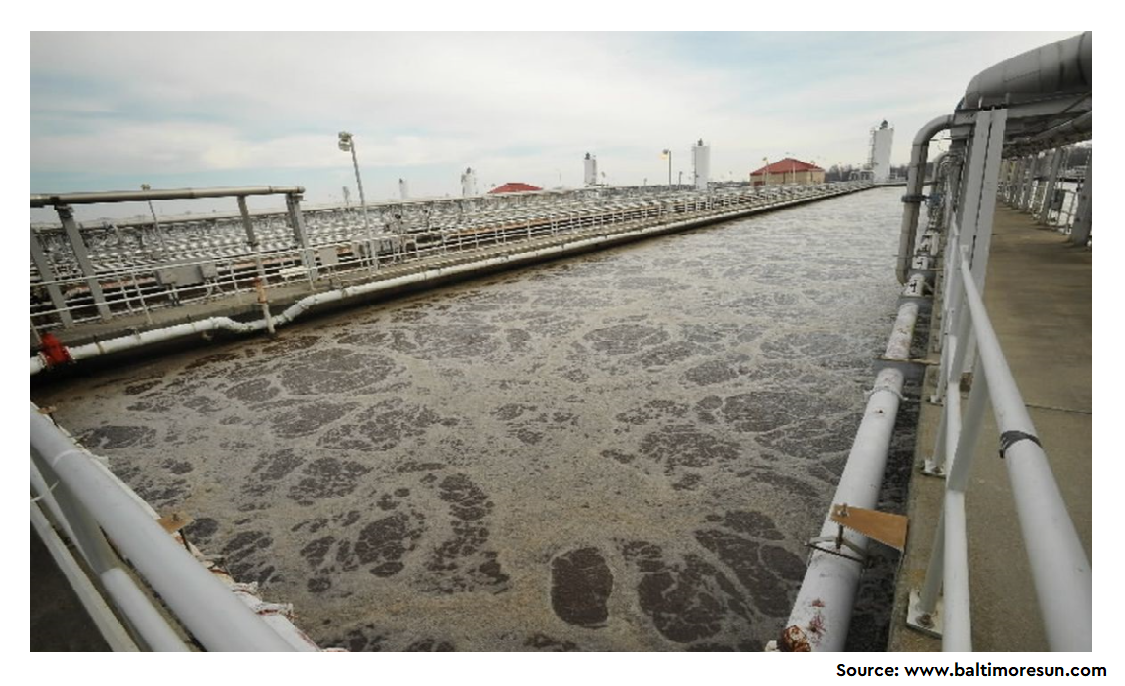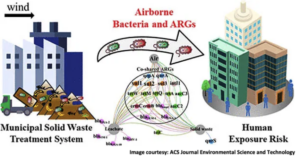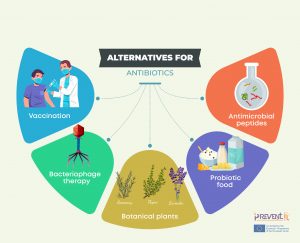Antibiotic-resistant bacteria (ARB) have become a global concern as they pose threat to the healthcare sector and food security. As per some recent reports, wastewater treatment plants are the hub of ARB and there is a risk of spread of ARB and antibiotic resistance genes (ARGs) to water channels. Hence, efficient water disinfection strategies are immediately required to minimize the spread of ARB, ARGs through the water.
A research team led by Professor Yunho Lee at Gwangju Institute of Science and Technology (GIST), Korea has taken initial steps towards the development of a water disinfection process to reduce incidences of ABR. Methicillin-resistant Staphylococcus aureus (MRSA) is prevalent in wastewater and possesses antibiotic resistance gene mecA. Therefore, they studied the effects of ozone (O3), free available chlorine (FAC), and UV254 light (UV) on the degradation of ARG, mecA gene present inside and outside bacterial cell. They found that the degradation rate of the intracellular mecA gene was higher at low exposure to UV and FAC. Furthermore, they developed a reaction kinetics model for ozone, FAC, and UV with respect to mecA and a method for measuring degradation rate. To encapsulate, the data generated through this study can be applied to other pathogenic microorganisms and to determine the effective wastewater disinfection strategies for reducing the ABR burden.
To read more, please visit the website of Environmental Science & Technology (Link)







